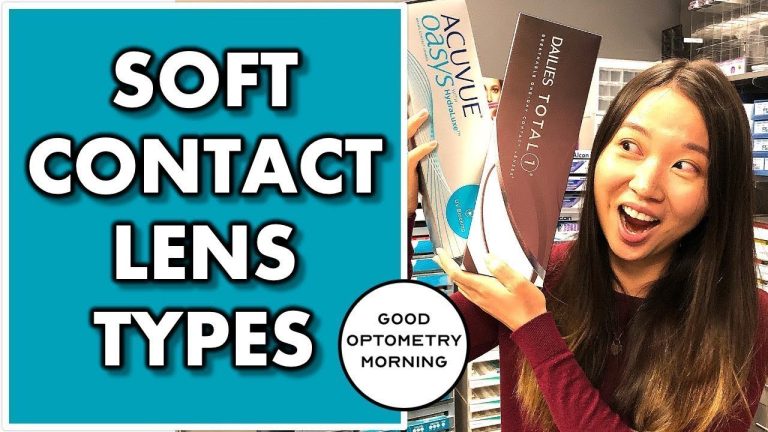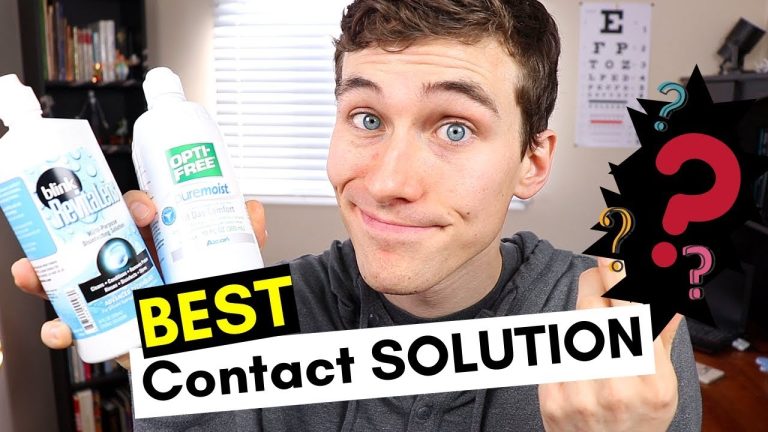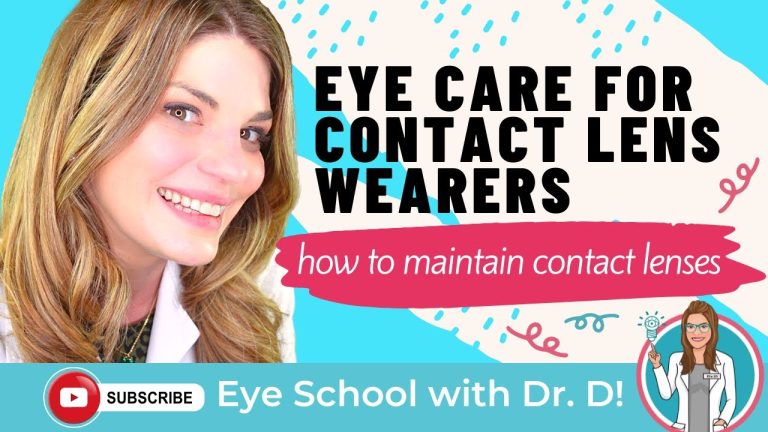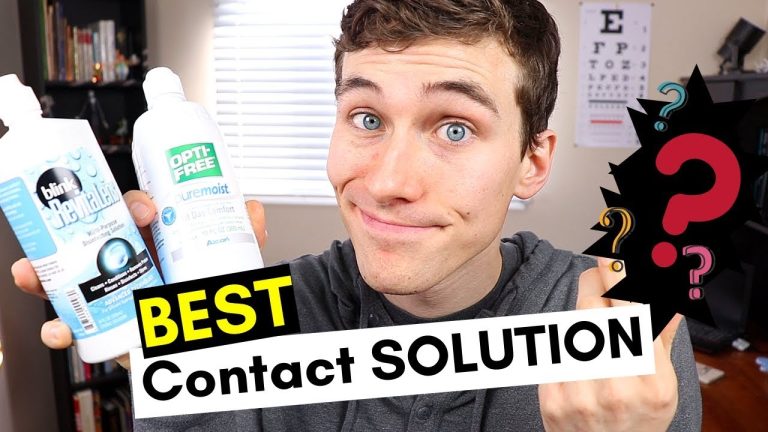Unlock Clear Vision with Our Top Contact Lens Solutions: A Comprehensive Guide for Optical Care
Contact Lens Solutions for Vision Improvement
There are millions of people all over the world who experience vision issues, and contacts can offer a feasible solution. When it comes to contact lenses, contact lens solutions are an essential aspect of their care. Contact lens solutions serve as a bacterial neutralizer, lubricant, and cleaner, ensuring the proper functioning of contact lenses.
There are various types of contact lens solutions available on the market today, primarily tailored towards different contact lens types and users’ preferences. For those individuals wearing contact lenses for daily usage, ensuring proper hygiene and cleaning procedures is crucial to maintaining eye health.
Types of Contact Lens Solutions
There are four primary types of contact lens solutions:
- Saline Solution: Saline solution is a sterile solution of salt and water used to rinse contact lenses after clean and storing them. This solution does not disinfect or effectively clean the contact lens; hence, it should only be used with thermal disinfection and hydrogen peroxide-based systems.
- Multipurpose Solution (MPS): MPS solutions are perhaps the most prevalent type of solution used for contact lenses. These solutions are a one-stop solution for all cleaning, disinfecting, and rinsing requirements of the contact lens. The solution is less costly compared to other alternatives, and it’s relatively easier to use.
- Hydrogen Peroxide Solution: Hydrogen Peroxide-based systems disinfect and clean the contact lenses by breaking down harmful bacteria and other microbes using hydrogen peroxide. They are known for their exceptional cleansing abilities that keep the lenses free of deposits, bacteria, and other microbes.
- Enzymatic Cleaning Solution: These solutions are primarily used to dissolve protein and other foreign material found on the contact lenses. They are usually either saline-based or enzymatic-based lenses, which significantly reduce build-up on contact lenses. It’s generally used weekly, mostly for patients with protein build-up.
Factors to Consider When Choosing A Contact Lens Solution
Choosing the right contact lens solution is essential for not only maintaining healthy eyes but also the longevity of the contact lens itself. Here are a few factors to keep in mind when selecting a suitable lens solution:
Personal Preference
Personal preference is an essential factor when choosing a lens solution. Some people may be allergic to certain chemicals or have inherent discomfort with different types of solutions. Consulting a doctor is always essential for people with allergies or sensitivities to any particular cleaning agent present in the solution.
Contact Lens Type
The type of contact lens should always be taken into account when choosing a suitable cleaning solution. Silicone-based lenses require enzyme-based cleaning solutions to prevent protein deposits. Hard contact lenses require a different type of solution compared to soft contact lenses as they require thorough cleaning.
Solution Ingredients
The ingredients used in the lens solution should be carefully analyzed to ensure their safety and effectiveness. Some solutions may contain harsh chemicals that might cause discomfort, and some are even known to cause harm to specific contact lenses. Therefore it’s important to read through the ingredient list before choosing a cleaning solution.
Final Thoughts
Contact lens solutions are essential for not only keeping contact lenses clean but also keeping the eyes healthy. When selecting a lens solution, it’s vital to consider personal preference, contact lens type, and the solution’s ingredient list to ensure safety, comfort, and cleanliness.
Contents
Most wanted in Hoya Vision:
Hoya Lens Engravings
What brand lenses does Costco use?
Which lens is better Alcon or Johnson and Johnson?
Why do my glasses lenses scratch so easily?
Visionworks Digital Progressive Lenses
What’s the rarest eye color?
Ultraxhd Lenses
Should eyeglasses cover eyebrows?
Hoya Sensity Vs Transitions Xtractive
Workspace Lenses
















